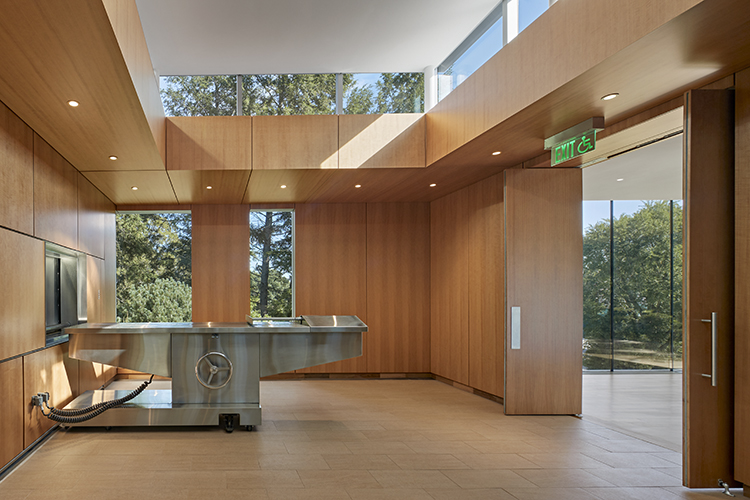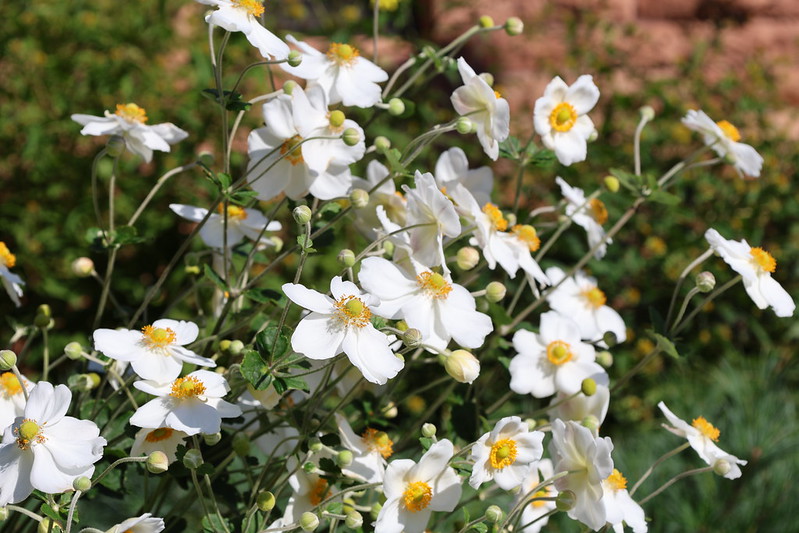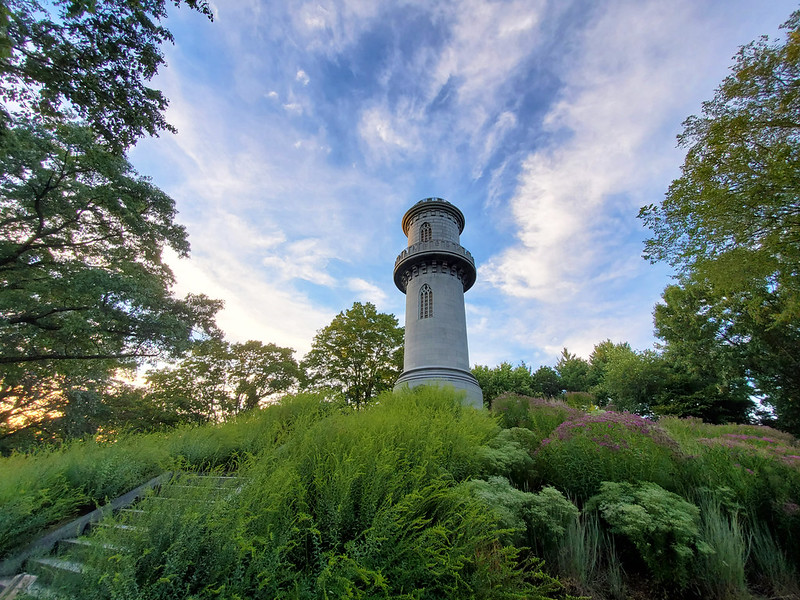
Cremation
History
Mount Auburn made history at the turn of the 20th century when it became the first cemetery in New England to operate a crematory. The Cemetery's first cremation took place on April 18, 1900. In the succeeding years, more than 70,000 cremations have been performed. Today, the Cemetery performs 1,250 cremations each year.
Understanding Cremation
Cremation is the process by which human remains are reduced to bone fragments – not ashes – by heat and evaporation. The container holding the body is placed in a specially designed combustion chamber, called a retort, where the cremation occurs. Cremation takes about two to three hours. At the end of the cremation, the bone fragments are taken out of the retort and reduced to a uniform size by mechanical means, after any recognizable metal from any prostheses or the container having been removed. Depending upon the size of the body, there are approximately six to nine pounds of bone fragments left after the cremation. Each cremation is done individually and carefully to ensure correct identification. Throughout the process, the remains are handled with dignity and respect.
Planning for a Cremation
It is common in Massachusetts to engage the services of a licensed funeral director to transport the decedent from the place of death to Mount Auburn's Crematory. A funeral director will remove any pacemakers, or other similar medical implants, before the decedent is brought to Mount Auburn and will also complete all documents required prior to the cremation. Mount Auburn does not arrange for a funeral director, nor can it provide the transportation and preparation services of a licensed funeral director.
Cremations are completed Monday through Friday and the Cemetery's fee for this service is $450. An additional processing fee of $200 is applied for cremations of wood caskets or containers with weight exceeding 400lbs. Saturday Cremations are available, with advanced scheduling approval by Mount Auburn, for an additional $700. Mount Auburn’s cremation fees include the cremation process, packaging of the remains in a temporary container (or provided urn), and the issuance of a cremation certificate. Funeral Directors will provide their own fees for their services to facilitate the cremation.
Witness Cremations
Adjacent to Historic Bigelow Chapel, Mount Auburn's Crematory was designed to accommodate families wishing to be be present for the start of a cremation. The Viewing Room can accommodate 30 guests. Overflow for up to 40 people is available in the Gathering Space. Up to one family member and one clergy member may accompany the body through the Crematory workspace to The Viewing Room. Witness Cremations must be scheduled in advance and require the presence of a funeral director.
The Viewing Room is an active workspace. Guests are permitted 15 minutes in The Viewing Room. Following the Witness Cremation, guests may remain in The Bigelow Chapel Gathering Space for 15 minutes. Guests are not permitted in the historic chapel unless a chapel service is scheduled in addition to the Witness Cremation.
The fee for a Witness Cremation is an additional $600. Witness Cremation services are scheduled for 10:00 a.m. Monday through Friday.
Frequently Asked Questions
Is a funeral director required?
No, those wishing to care for their own dead may do so. Written guidelines issued by the Massachusetts Department of Public Health can be found here: Issues to consider in preparing for disposition of decedents | Mass.gov
Is embalming or other preparation required?
No. However, embalming is often desirable if there is to be a funeral service with a public visiting period (a wake) prior to the cremation
Is a casket required?
No. Crematories do require that the body be enclosed in a rigid container made of combustible material, but there are many options ranging from the simplest to the most elaborate. At Mount Auburn, the body is cremated in the same container in which it arrives, and the staff do not open the container except as required by the medical examiner.
Is cremation carried out right after death?
Massachusetts law requires a 48-hour waiting period after death before a cremation can be performed, except when otherwise approved by the medical examiner in cases of infectious disease. Once all the necessary paperwork has been received by the Cemetery, the cremation takes place as soon as scheduling permits.
What happens to the cremated remains after cremation?
Cremation is not the end of the process. At Mount Auburn the cremated remains are placed in a cardboard or plastic container acceptable for burial and are returned to the person signing the cremation authorization or to the funeral director.
What is an urn?
An urn is a container for cremated remains. Various types of urns are available. Some are simple, others elaborate. They can be made of bronze, marble, wood, granite, ceramic or plastic.
Can arrangements for cremation be made prior to need?
Yes. Planning ahead is always advisable. We suggest that you make your wishes known to your family and your lawyer. Mount Auburn will not accept paperwork or payment until the time of need.
Do all religions approve of cremation?
Many religions approve of cremation and view it as an individual choice. Mount Auburn does all we can to accommodate the customs of all religions related to cremation.
What if I have another question?
For additional questions regarding cremation services, please contact us at info@mountauburn.org
Quick Links:

Burial Options
Mount Auburn offers several options for burying cremated remains. Learn more about our current offerings.

Plan an Event
Families may schedule a memorial service directly before or after a cremation service.
